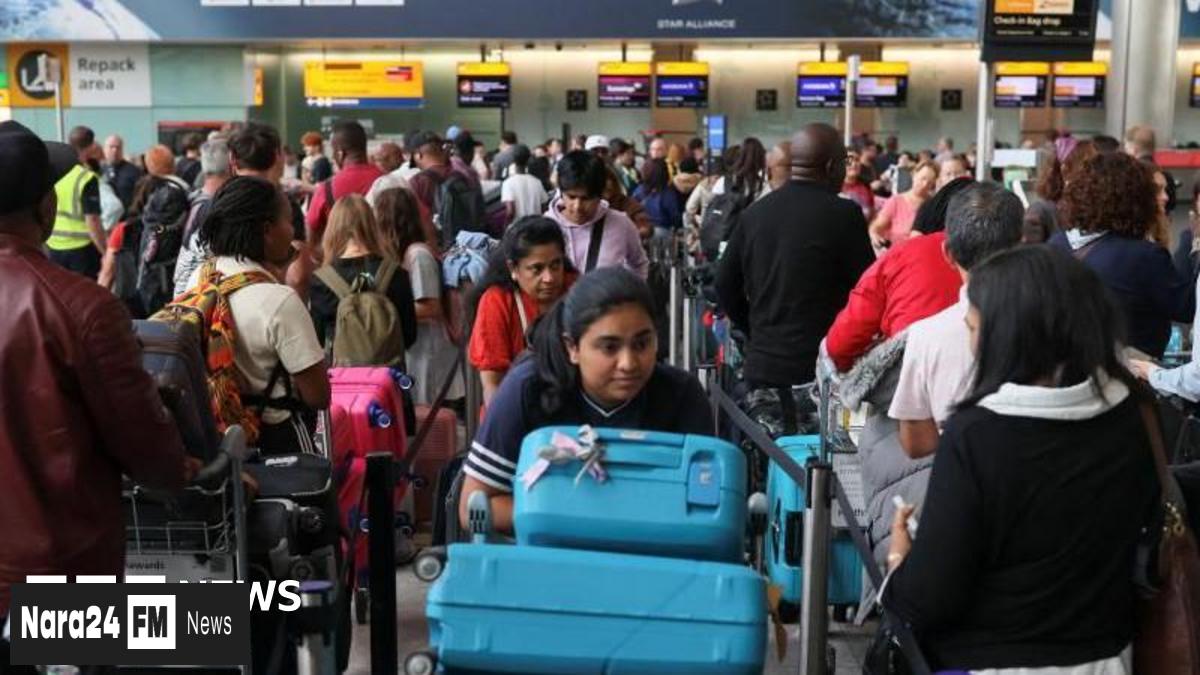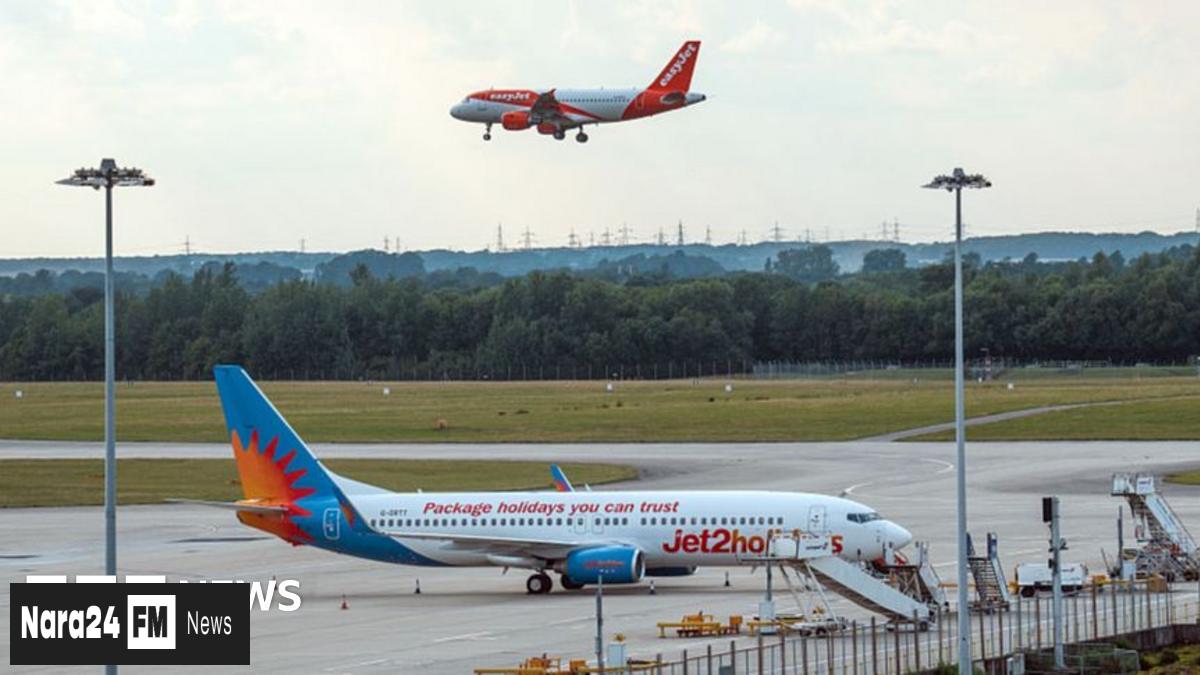In This Article
- Major Air Traffic Control System Failure Leads to Widespread UK Travel Disruption
- NATS Acknowledges Technical Failure and Restoration Efforts
- Airlines Condemn Incident and Demand Accountability
- Impact on Travelers and Businesses
- Flight Data Confirms Extensive Cancellations
- Government Commitment to Investigate and Improve Resilience
Key Takeaways
- A major NATS air traffic control system failure caused over 150 flight cancellations and widespread UK travel disruptions, impacting thousands of passengers.
- NATS restored operations within 20 minutes using backup systems, but safety protocols led to prolonged air traffic reductions and scheduling delays.
- Airlines like Ryanair and EasyJet criticized NATS leadership, with Ryanair demanding the resignation of CEO Martin Rolfe over recurring system failures.
- The disruption occurred during a peak travel period, intensifying calls for improved infrastructure resilience to prevent future incidents.
- The UK government pledged to investigate the failure, highlighting ongoing concerns about NATS' technical reliability and management practices.
Major Air Traffic Control System Failure Leads to Widespread UK Travel Disruption
Passenger travel across the United Kingdom came to a standstill yesterday following a significant system outage at NATS, the primary air traffic control provider. The incident, which occurred on Wednesday, resulted in the cancellation of over 150 flights and caused thousands more to be diverted or experience delays at UK airports.
NATS acknowledged the technical failure, attributing the issue to problems with radar systems. The provider stated that the core system was restored within 20 minutes by switching to backup operational protocols, however, the necessary safety reductions in air traffic volume had a lasting impact on the national flight schedule.
The disruption has drawn sharp criticism from airlines, with EasyJet describing the incident as "extremely disappointing" and committing to understand the measures NATS is taking to prevent recurrence. Ryanair's executive, Neal McMahon, went further, demanding the resignation of NATS chief executive Martin Rolfe.
"It's outrageous that passengers were once again being hit with delays and disruption due to Martin Rolfe's continued mismanagement," McMahon stated, citing a similar major failure at the UK's busiest airports in August 2023 that affected over 700,000 passengers.
The impact on travellers has been substantial. EasyJet's chief operating officer, David Morgan, expressed concern about the timing coinciding with a peak travel period and stressed the need for NATS to implement effective preventative measures.
Flight data from Cirium confirmed the extensive cancellations, noting 84 departures and 71 arrivals were cancelled nationwide, representing 3% of all departures and 2% of arrivals. While Cirium does not assign causes for these cancellations, some undoubtedly stemmed from the air traffic control outage.
In response to passengers' experiences, Julia Lo Bue-Said, chief executive of Advantage Travel Partnership, voiced the sentiment of many: "We need to ensure there's sufficient resilience built into critical infrastructure that doesn't impact businesses, that doesn't impact travellers."
The incident has reignited debate over the resilience and management of the UK's air traffic control system, with critics pointing to a history of technical failures under NATS' leadership. The government has committed to working closely with NATS to investigate the incident and understand its causes.
Passenger frustration was evident, with individuals like Sarah McPherson expressing disappointment over missed opportunities for her son and Jonathan Carr detailing the stress of having his brother's wedding delayed due to the flight cancellations.







Comments (0)
Leave a Comment
Be the first to comment on this article!